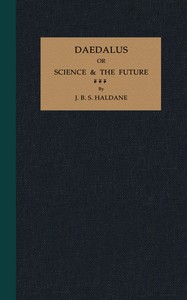If you go down the list of "domain, kingdom, phylum (plural, phyla), class, order, family, genus (plural, genera), and species," The one on the end is the last solid point at which we can differentiate. The upper ones are differentiated by cellular mechanisms, but species is where the buck stops because "either you can breed with it or you can't." There are edge cases like mules and tigons, but that's just a sputtering between a broken link.
The whole thing is just called "speciation." It's the process by which two lines of genome become incapable of combining into a new offspring. There are clear breakages, like when primate chromosomes 2 and 3 fused into human chromosome 2, making 1-to-1 combination impossible. There are gradual breakages like the Ensatina Salamanders, where the genome shifts in a gradient and contiguous salamanders can always breed, but then the ends of the gradient meet and they can't.
In a classic case of in-group exposure bias, humans have attempted to further sub-divide Homo Sapiens Sapiens, but it's all moot because we can interbreed. We could interbreed with the Neanderthals, so all humans are WAY within speciation limits, and it would take hundreds of thousands of years of isolation for a species divide to take place.



